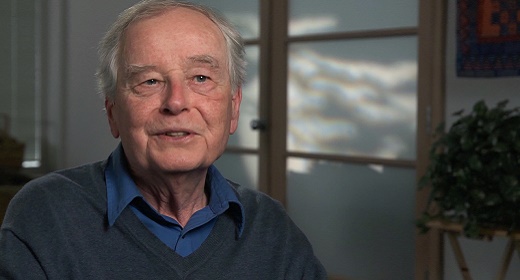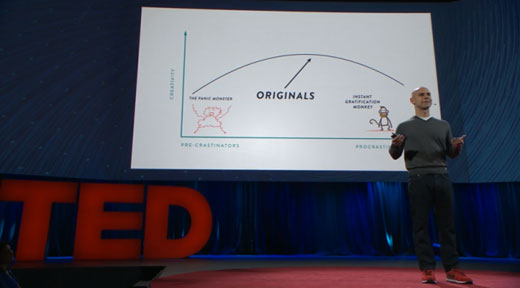by Hannah Aylward: How much time do you spend outside on a daily basis?
Let’s break it down. Your average workday may look something like this: wake up, commute to work, sit at work for eight hours, commute home, and then spend the rest of the evening unwinding at home and preparing for the next weekday. You may not have thought of it in this way before, but that is a lot of time spent inside.
Our bodies were designed to run, jump, and play. We intuitively crave movement. Before modern advances, if we had to get somewhere we walked. We know how important exercise is for our bodies and souls, but we often overlook the importance of actually spending time outside.
When it comes to exercise, most of us try to make time to move, but we do it on a treadmill, in a classroom, or in a studio. We are still lacking that beautiful touch with nature.
So why is spending time outdoors so important?
For example, city dwellers have a higher risk for anxiety, depression and other mental illnesses than people living outside urban centers. Various studies have found that urban dwellers with little access to green spaces have a higher incidence of psychological problems. But get this — stress hormones decrease immediately after visiting natural environments. Isn’t that amazing?
Plants give off airborne chemicals to protect themselves from insects. These chemicals are called phytoncides. Phytoncides have antibacterial and antifungal qualities. While we breathe in the fresh air outdoors, we take in these chemicals. Our human bodies respond to these by increasing the number and activity of a type of white blood cell called natural killer cells, or NK. These cells kill tumor- and virus-infected cells in our bodies. Talk about magic. So, exposure to forests can actually boost and protect our immune systems.
People who walk through a green area are more attentive and happier afterward than those who walk near heavy traffic (hello to my fellow city residents). Getting “out into natural environments” can provide you with a simple, immediate fix. Walking in nature also has positive effects on neural activity, specifically in the subgenual prefrontal cortex. The subgenual prefrontal cortex is a region of the brain that is active during repetitive negative thoughts. You know, like beating yourself up for making a mistake or thinking you could have “done something better.” This activity decreases when walking in nature versus walking in an urban environment. In addition, spending time in nature gives the cognitive portion of our brain a break, allowing us to maintain better focus. Like everything else, as humans we need small breaks to recharge our batteries, allowing us to come back stronger.
Nature can also have a large link to emotion regulation, which is exactly why we just simply feel better when we spend more time outside. This doesn’t even take into account all of the amazing health benefits that sun alone provides for us, like immune-boosting, brain-protecting vitamin D. Time in nature also has a positive effect on aspects of cognitive function like memory, due to the oxygen quality.
As the Nature Conservancy says, “Human well-being depends on the benefits that nature provides for free, everyday and everywhere”.
While the data supports it, my friends, we know this intuitively. Think about how you feel while hiking or when you first spot that blue water while approaching a beach. It is as if you can breathe easier because you literally can. For me personally, it is the sound of the waves. There is nothing quite like it. It automatically puts my nervous system at ease and allows me to tap into deep gratitude. I try to go for a long walk outside first thing in the morning while the sun is coming up, the birds are chirping, the fresh air is pumping, and the busyness of the day hasn’t quite hit yet. This allows me to reap some of the many benefits mentioned above and take on my day in the right headspace.
So I encourage you all to do the same. Try to really prioritize some outdoor time. Even better, go to a luscious green park, hit the beach, or go for a hike. Run through your neighborhood instead of running on the treadmill at your gym. Eat your lunch outside.
Take your practice outdoors! All you need is your mat (and maybe a computer for those YogaToday videos). It will add an additional magical touch to your practice.
Whether it is today or this weekend, spend some rejuvenating time in the natural beauty surrounding that surrounds us constantly. Your body will thank you.
Hannah Aylward is a Certified Health Coach, nutrition consultant, fitness instructor, healthy living expert, and founder of HAN. She helps both men and women around the world lose weight, heal skin disturbances, balance hormones, heal gut imbalances and feel at home in their bodies through healthy eating, movement, mindfulness and positive self-talk. Her goal is to help others “learn the tools that they need to live the lives they deserve”. Get to know her by visiting her website and following her on Instagram, Facebook and Twitter.










































